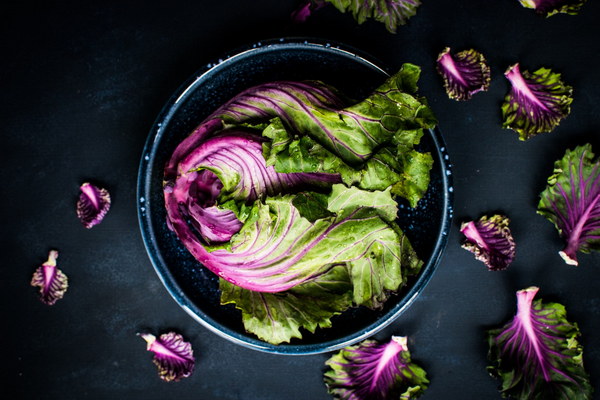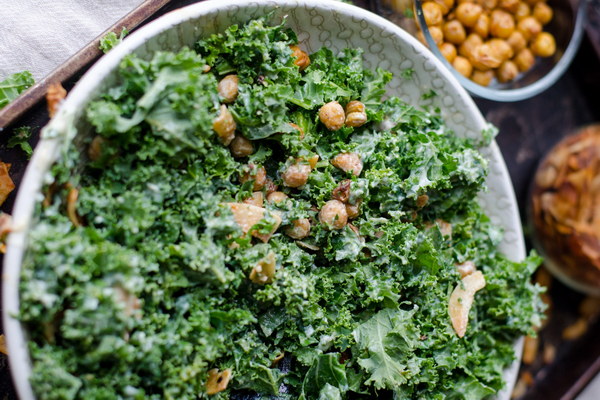Does Probiotics Fermentation Boost Gastric Health
Introduction:
In recent years, the importance of gut health has been gaining significant attention in the field of healthcare. One of the key components that contribute to a healthy gut is probiotics, which are often found in fermented foods. However, there is still debate regarding the effectiveness of probiotics fermentation in boosting gastric health. In this article, we will explore the relationship between probiotics fermentation and its impact on the stomach.
1. Understanding Probiotics and Fermentation
Probiotics are live microorganisms that, when administered in adequate amounts, confer a health benefit on the host. These beneficial bacteria can be found in various fermented foods, such as yogurt, kefir, sauerkraut, and kimchi. The fermentation process involves the conversion of sugars, starches, and other carbohydrates into alcohol, organic acids, and carbon dioxide by microorganisms like bacteria and yeast.
2. The Role of Probiotics in Gastric Health

The human stomach is home to a vast community of microorganisms, including bacteria, viruses, and fungi. These microorganisms play a crucial role in maintaining a healthy digestive system. Probiotics have been shown to contribute to gastric health in several ways:
a. Improved digestion: Probiotics help break down food more efficiently, allowing for better absorption of nutrients and reducing the risk of gastrointestinal discomfort.
b. Balanced gut flora: Probiotics can help restore a healthy balance of gut bacteria, which is essential for maintaining a robust immune system and preventing the growth of harmful bacteria.
c. Reduced inflammation: Some studies suggest that probiotics can help reduce inflammation in the stomach, which may be beneficial for individuals with gastrointestinal conditions like Crohn's disease or ulcerative colitis.
3. The Impact of Fermentation on Probiotics
The fermentation process can have a significant impact on the effectiveness of probiotics. Here's how:
a. Enhanced survival: Fermentation can create an environment that is less hostile to probiotics, allowing them to survive the journey through the stomach acid and reach the intestines.
b. Increased diversity: Fermentation can promote the growth of various strains of probiotics, providing a more comprehensive health benefit.
c. Bioavailability: Some fermented foods are rich in nutrients that can enhance the absorption of probiotics, making them more effective.
4. The Debate on Fermentation and Gastric Health
While many studies suggest that probiotics fermentation can boost gastric health, some research has raised concerns. Critics argue that the survival rate of probiotics during the fermentation process may be low, and that the effectiveness of fermented probiotics may be limited compared to probiotics in their natural state.
5. Conclusion
In conclusion, probiotics fermentation can potentially boost gastric health by improving digestion, balancing gut flora, and reducing inflammation. However, more research is needed to fully understand the impact of fermentation on probiotics and their effectiveness in promoting gastric health. Incorporating fermented foods into your diet may be a good starting point, but it's essential to consult with a healthcare professional before making any significant changes to your probiotic regimen.









